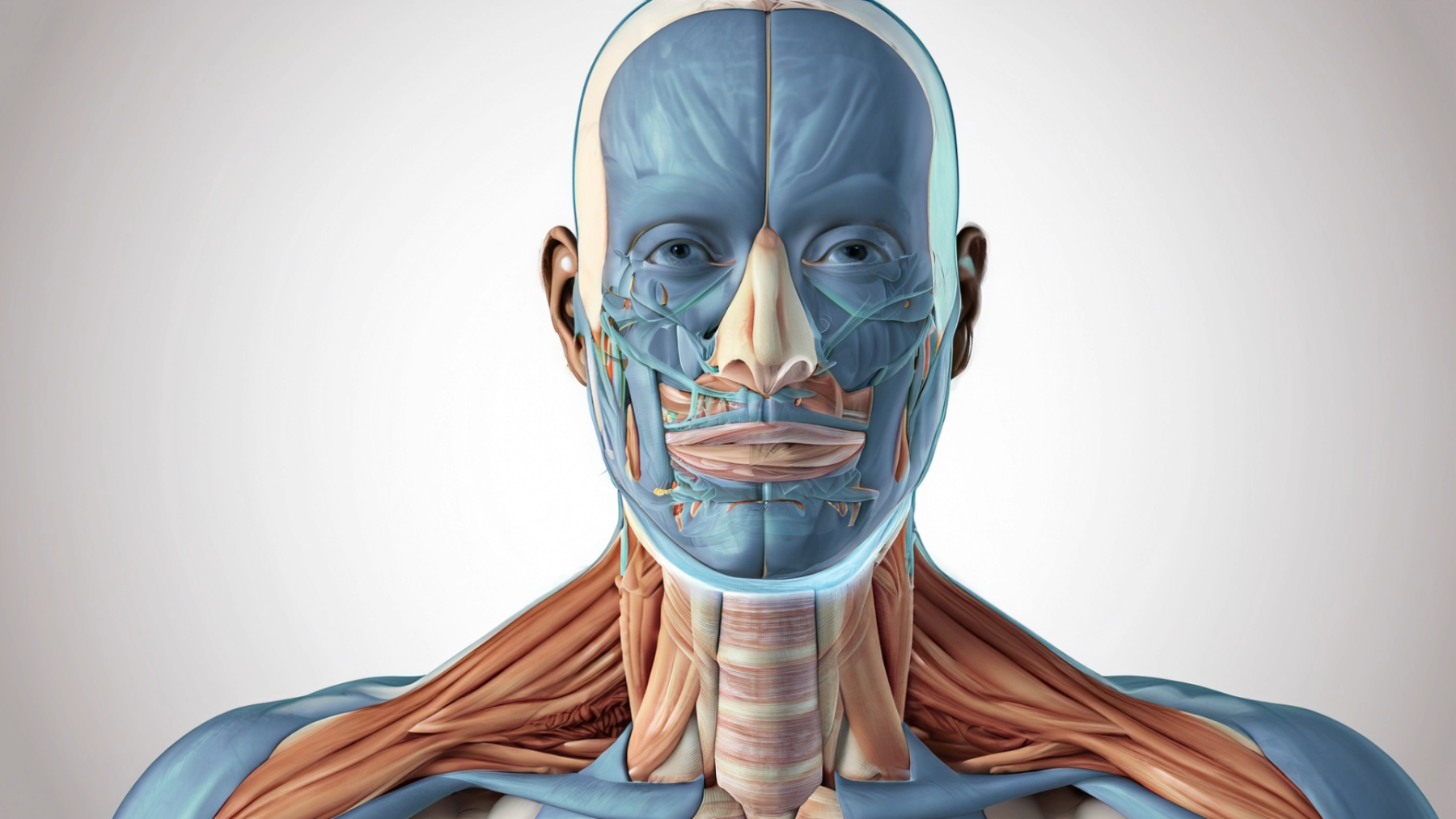
I'm Too Hot to Learn
by Leslie Gudger
Human cells function best within a specific temperature range. Recent scientific data has shown that extreme high temperatures can have detrimental effects on our cells. In fact, repeated exposure to extreme heat (like the 31 consecutive days of 110-plus degree weather we endured in 2023) can damage brain cells, cause inflammation in the brain, and exhaust cognitive reserve. How do we expect our students to gain and retain information under this steadily changing environment? Students will be conducting research on this scientific concept and creating a video to show their findings.
Lesson Grade Level
7th GradeLesson Plan Link/URL
https://docs.google.com/presentation/d/1F3bmMOpqqZUP8GVj-qLRIrPkKyE2ehRo/edit?u…Subject Area
Science Life Science L1: Cells Technology 1. Empowered Learner 3. Knowledge Constructor 6. Creative Communicator English Language Arts (ELA) Reading (Informational Text) Speaking & Listening
Featured
Off
Related Content

Featured
Pocket Creature Build Challenge
Grades:
7th Grade
In this build challenge, students will work in teams build a small creature out of recycled materials that serves a purpose. This outstanding lesson is easily customizable to engage in various science

Grades:
Kindergarten, 1st Grade, 2nd Grade
In this STEAM lesson for grades K-2, students will explore iguana habitats and learn how animals adapt to different environments. Students will read the book "I Wanna Iguana" and use a nonfiction book

Grades:
5th Grade, 6th Grade, 7th Grade, 8th Grade
In this outstanding lesson, students will apply their knowledge of how natural and human-caused changes to habitats or climate can impact our world in a stop motion film. The lesson covers a Science

